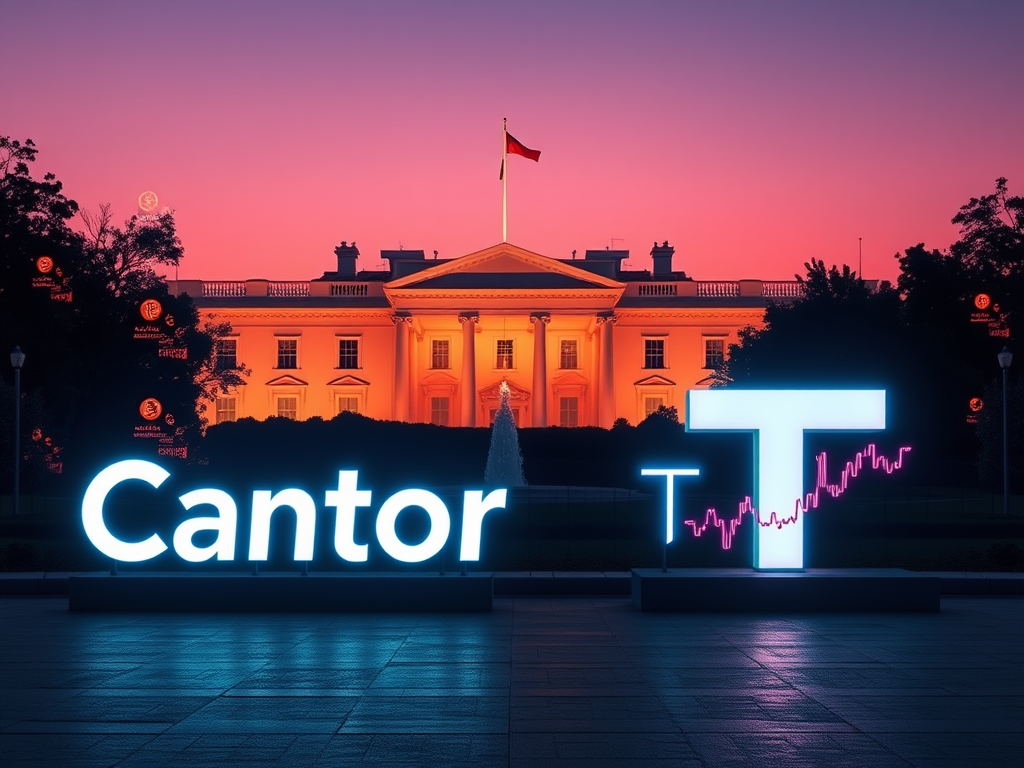Key Points
- Avalanche introduces a self-custodial crypto credit card that allows users to spend against multiple crypto assets including WAVAX, USDC, and sAVAX, marking a significant expansion of crypto payment solutions in Latin America and the Caribbean.
- The card, offered through Rain Liquidity, features both physical and virtual Visa cards with no spending fees, while maintaining users’ complete control over their crypto assets through self-custody wallets.
New Era of Crypto Spending in Latin America
Avalanche, one of the leading blockchain platforms, has announced the launch of its crypto-backed Visa card, targeting the growing cryptocurrency market in Latin America and the Caribbean. This innovative financial product bridges the gap between digital assets and everyday spending, allowing users to leverage their crypto holdings for real-world purchases without surrendering custody of their assets.

Self-Custody and Security Features
Unlike traditional crypto cards, the Avalanche Card implements a unique self-custody model where users maintain complete control of their digital assets. Each cardholder receives a dedicated self-custody wallet with unique addresses for different cryptocurrencies. The platform includes comprehensive security features such as spend alerts, instant freezing capabilities, and PIN management, providing users with enhanced control over their financial activities.
Regulatory Compliance and Accessibility
While the card is currently available to residents of Latin America and the Caribbean, there are notable exclusions for regulatory compliance. Residents or citizens of certain countries, including Cuba, Venezuela, Nicaragua, Russia, North Korea, Syria, Iran, and specific regions like Crimea, Luhansk, and Donetsk, are ineligible for the service. Though operating as a credit card, the service notably does not report to credit bureaus, maintaining users’ financial privacy.
Tax Implications and Financial Considerations
An important aspect of the service is its tax treatment. While spending against stablecoins like USDC generally doesn’t trigger tax events, transactions involving other cryptocurrencies may be considered taxable. The company emphasizes transparency about the potential tax implications and recommends users consult with tax professionals regarding their specific circumstances.















